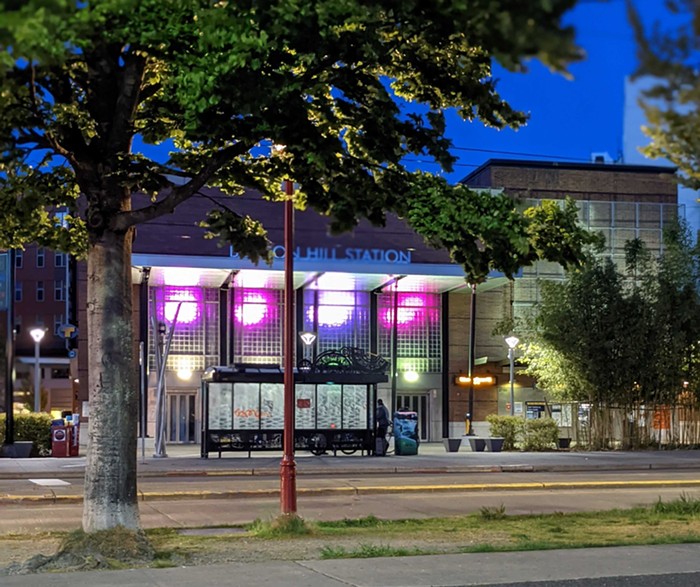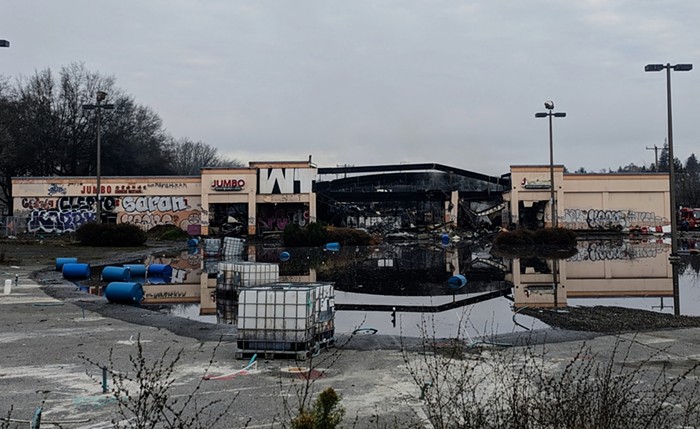
The thing that should be understood is that homelessness is not natural. It is produced by cultural structures. There really is a culture of poverty, and we see it every day in rich countries. It is poor people in the midst of economies that suffer not from material and capital scarcity but, bizarrely, the complete opposite: over-production and a dearth of investment opportunities for the big savers. And so, the status of the poor in the US and the UK is the same as the poor in Greece and Germany: fictional.
But this fiction looks real, because it incredibly increases the gravitational pull on what the social theorist George Caffentzis correctly described as "anti-entropic production." The rich live on the moon; the poor on Jupiter. The culture of poverty makes it hard for a class of humans to keep the forces of decay or disorder (increasing entropy).
Many think that Bergson's élan vital was something magical and metaphysical, but it was instead an expression of the material power of life to work against the all-round forces of entropy. A room becomes messy if energy is not directed in maintaining its order. A body becomes smelly if energy isn't expended on cleaning it. And bodily waste requires energy to be removed. All of the resources for human élan vital exist in rich countries, and they are even underutilized, but nevertheless a large number of people in these societies are blocked from anti-entropic production by culturally imposed scarcity.
The pandemic has only made things worse for the real fictions of poverty. In Seattle, it is now hard to walk anywhere without finding a tent, or many tents, or sleeping bags, or disheveled RVs. What was a crisis before the pandemic crash has become a fixed way of city life. The leftist solutions for addressing this dire situation face challenges from all sides. The rich of the city wanted nothing but the rule of law to deal with it. During the council races of 2019, Seattle successfully expressed a city-wide resistance to the law-and-order approach, which punishes the poor for being made poor by their culture. But the left (progressives, socialists) have yet to make improvements that are visible to the public.
During the final months of the present presidential election, Trump attacked the cities. According to him, they were ruled by the unruly, they were all carnage and mayhem because the Democrats in power, most of whom are center-left, had failed to enforce the rule of law.
Of course, this criticism was about as real as poverty in a capital-rich country. The left could treat it as nothing more than dirt off the shoulder. But what happens if Trump is elected for four more years and the left is entirely blocked from making any real meaningful changes to pandemic-expanded homelessness? The beliefs of the city elite will not trickle down but inundate the classes below them. Ordinary middle-class types (store owners, office workers, nurses, teachers) will give up and say: The situation is now impossible; please just get rid of their smells and their ugly poverty; we want our parks back, our walks back, our emerald city back.
At that point, 30 years of urban social development will stop and switch into reverse gear. To make up for the sorry car metaphor at in the penultimate sentence of this urbanist post, I will end with Phil Collins's timely tune.


















